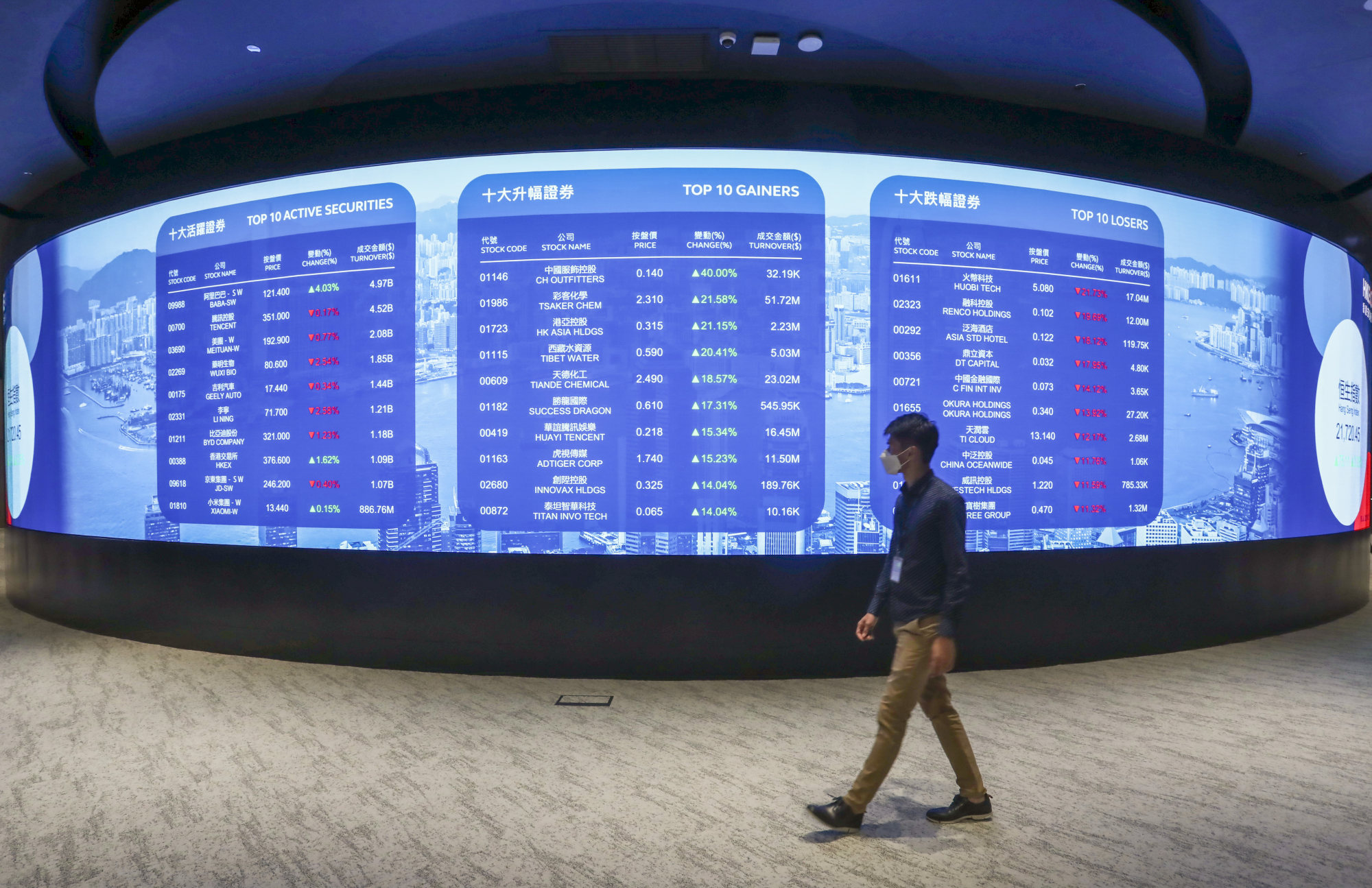
IPOs: Hong Kong’s GEM reforms likely to end second board’s 3-year drought, but will not be game-changers, analysts say
- New rules effective January 1 remove a quarterly reporting requirement and streamline transfers to the bourse’s main board
- Analysts say the bar is still too high for many small companies despite the changes by Hong Kong Exchanges and Clearing
The reforms aim to end a three-year drought of initial public offerings (IPOs) on the GEM board, which has seen no new listings since Grand Power Logistics Group raised HK$55.5 million (US$7.1 million) in January 2021.
“The HKEX listing reforms on GEM are a good gesture to draw attention to the second board, which will help attract some smaller players to consider listing,” said Tom Chan Pak-lam, permanent honourable president of the Institute of Securities Dealers, an industry body for stockbrokers in the city.

“However, they are unlikely to be a game-changer. Even after the reforms, the bar is still too high for many small companies to list on GEM, while few existing GEM companies are qualified to transfer their listing to the main board.”
The new reforms remove mandatory quarterly reporting requirements for GEM companies, so they only need to report results twice a year, which aligns with requirements on the main board. HKEX, which runs the third-largest stock market in Asia, also reduced the lock-up period for major shareholders disposing of their controlling stakes from 24 months to 12 months. GEM does not have a profit requirement, while the main board requires a company to make at least HK$80 million in the three years leading to its listing.
GEM, formerly known as Growth Enterprise Market, was established in 1999 to make room for companies that did not meet the tougher main board requirements. It has 328 listings with a combined market capitalisation of HK$54 billion as of Monday, or 0.2 per cent of the total stock market.
Hong Kong’s first IPO of 2024 makes a weak trading debut as RoboSense shares drop
In comparison, the main board has 2,283 listed companies with a combined market capitalisation of HK$30.2 trillion.
“The new rules will help to increase the interest of companies wanting to list on the GEM board in the longer term, particularly the streamlined transfer process to the main board,” said Stephen Chan, a corporate and securities partner of international legal firm Dechert. In the nearer term, however, improving the GEM’s fortunes will depend on broader market sentiment, he added.
Kenny Wen, head of investment strategy at KGI Asia in Hong Kong, agreed the reforms have not gone far enough, especially amid current conditions.
“While the market sentiment towards the main board is poor, investors will not pay attention to GEM companies,” Wen said.
The value of IPOs on Hong Kong’s main board last year fell 53.5 per cent to a 20-year low of US$5.9 billion from 68 listings, according to Refinitiv.
China’s Anta eyes boost from Finland unit Amer’s US$1 billion New York IPO
The main board dropped to eighth last year in the global IPO table, the lowest since 2001 when it ranked 14th, according to Refinitiv data. It stood third in 2022 and last took the top spot in 2019.
“This market will not fully recover unless there is a change in the regulatory framework, where smaller companies and growth companies are actually welcomed and their listing applications dealt with efficiently,” said Arnold Ip, chairman of the Association of Hong Kong Capital Market Practitioners, in an interview with the Post in November.
Ip said high fundraising costs, a long vetting process and uncertainties about approvals had discouraged companies from undertaking listings on GEM, while he said the current reforms had not addressed these problems.

